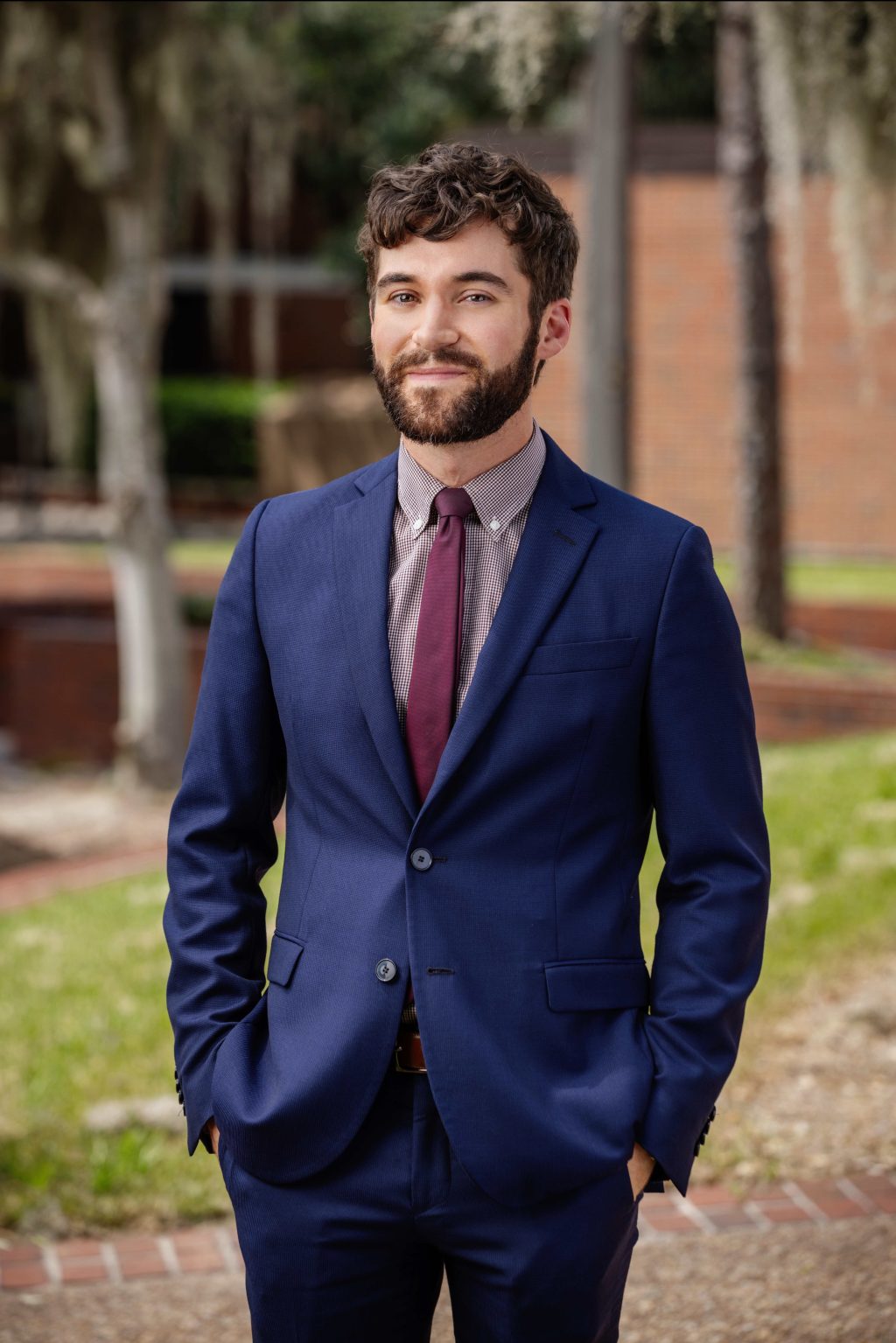
William Whitham is Assistant Professor of Humanities at the Hamilton School for Classical and Civic Education. Previously he was Lecturer in the Committee on Degrees in Social Studies at Harvard University, where he won the Stanley Hoffman Prize for Excellence in Teaching. His research explores the intersection of political ideas, movements, and structures of governance in modern Europe and Russia/Eurasia within a global framework, with a particular focus on histories of radicalism, political violence, and authoritarianism—left, right, and beyond left and right.
Whitham’s first book manuscript, Anarchy Is Order: The Politics of Subversion and the Making of Modern Europe, reinterprets a marginalized and misunderstood revolutionary movement to illuminate key transformations in political order in the late nineteenth and early twentieth centuries. Prior to the rise of communism after 1917, European anarchists were the world’s premier rebels. They published a vast, multilingual press on six continents, killed more major leaders than any movement in world history, and, for a moment in the wake of the Russian revolutions of 1917 and the First World War, achieved mass dimensions, notably in Spain and in Italy, before their irrevocable decline began in most of the world. Long derided as agents of chaos or romanticized as opponents of authority, anarchists in fact attempted to establish a demanding new political order and to some extent succeeded in doing so, though not in the ways they intended. Philosophically opposed to coercion yet committed to overturning states and uprooting capitalism, anarchist militants struggled to create institutions consistent with their values of absolute liberty and absolute equality, appearing both ineffective and perversely autocratic. They achieved a revolution not in society but in statecraft, offering opportunities through their mobilizations and acts of terror for state officials and right-wing opponents to craft new policing regimes and illiberal political alternatives, and they provided early support and some lasting inspiration to the Bolsheviks, who transmuted revolutionary socialism, anti-statist for a generation, into a statist form that would be implemented across a third of the twentieth-century world. Though it failed politically, anarchism would be a cultural success, resonating for decades among those on the left disillusioned with communist dictatorship as well as with social-democratic welfarism, while its paradoxical ethos inflects many radical protest movements today. Anarchy Is Order reconstructs a past world of daring activists, desperate assassins, fumbling police, wary politicians, and innovative autocrats that is a prelude to our own troubled western present, at once anarchically disordered and oppressively oligarchical, passionate and cynical, prosperous and unjust, secure and poised on the brink of cataclysm, in which legitimate order seems as essential and as elusive as ever.
“Lenin, the Anarchist? A Constructive Misinterpretation’, Kritika 24:3 (2023), 791–816.
“César De Paepe and the ideas of the First International,” Modern Intellectual History 16:3 (2019), 897-925.
“A reconsideration of John Stuart Mill’s account of political violence,” Utilitas 26:4 (2014), 409-431.
University of Florida
Gainesville, FL 32611
UF Operator: (352) 392-3261
